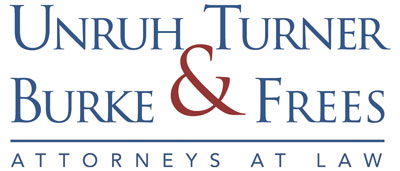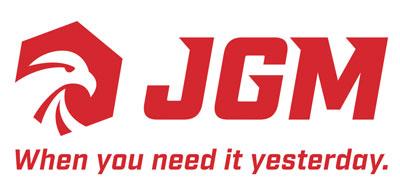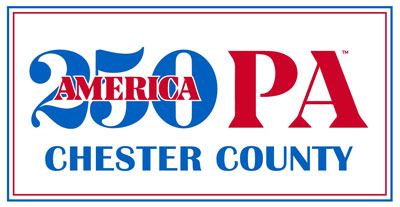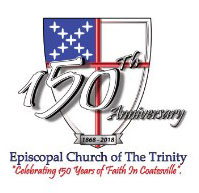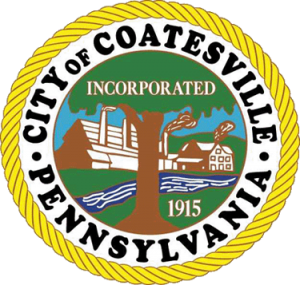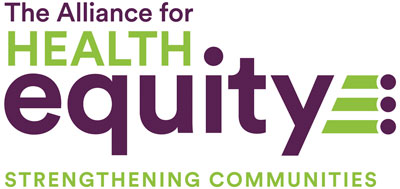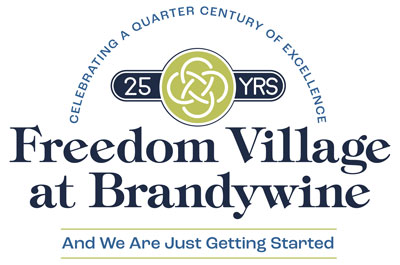Toni Barber — 2025

toni barber Honored with 19th Annual Rebecca Lukens Award
Coatesville, PA – March 24, 2025 – The National Iron & Steel Heritage Museum (NISHM) in Coatesville, PA, along with Bentley Systems, the Gunard Berry Carlson Memorial Foundation, PECO, and The Stewart Huston Charitable Trust is pleased to announce its 19th annual Rebecca Lukens Award to be presented to noted community-preservationist, Toni Barber. Ms. Barber has had an illustrious career, as a teacher in the Baltimore School District, Project Planner & Contracts Negotiator for Texas Instruments, Administrative Operations for the U.S. Department of Interior/ Geological Survey, and a Contracting Officer for the Veteran Affairs Office in Coatesville. But maybe her most high-profile role is her passionate fight to save the historic Pass School in Hayti (a neighborhood in Coateville, PA).
Growing Up In Coatesville:
Ms. Barber recalls her memories of the City of Coatesville growing up,
“Coatesville was a great town with lots of stores and the summer sidewalk sale. When Christmas shopping in Coatesville, the streets would be packed, and Santa Claus had a little house between 2nd and 3rd Avenue, where you could tell him what you wanted for Christmas. There were lots of stores in town. My cousin and I would go to the Auditorium Movie Theater every Saturday for 35 cents.”
College Life:
Ms. Barber was a student at Morgan State University (undergraduate degree), graduate studies at Towson State University, Loyola University, and Cheney University. But sometimes it’s not what happened inside the classroom that affects a person as much as what happens outside of it.
“A significant experience occurred during spring of my freshman year, in 1969-1970 at Morgan State University” says Ms. Barber. “While some colleges experienced protests the year before, our college was still beautifully serene - students attending classes, fraternities and sororities singing ‘on the yard’, housemothers, curfews, sweater sets, and skirts, and fun student activities as had been going on for years.
But the escalation of the Vietnam War, the student traffic disruptions, protests on our campus and on campuses across the country, the suspension of classes, and the draft lottery, ushered in a change in campus life and wardrobe (which changed to jeans and tee-shirts). The draft lottery wiped out half my geography class. The next class day after the lottery most of the guys were drafted and gone.
We were living in, and very much a part of, history, although we did not think of it that way. We were young students just like those at Kent State and Jackson State and colleges throughout the country.
In May, the protests and semester came to an end at our school, along with the campus housemothers, curfew, and many other aspects of its traditional college life. The times they were a changing. Our college culture, like the American culture, had shifted.”
The Pass School and Hayti:
“Growing up in Coatesville was great, but growing up in Hayti was really great,” says Ms. Barber. “In Hayti, everyone knew everyone, and it seemed like we all were members of the same family, although we were not. We all attended the same school and most attended the same church. Everyone in Hayti attended the segregated Pass School, the school for the Black children in Hayti. The Principals, Mr. John T. Cuff, and Mr. Theodis Clark, lived in our community on Front Street. The teachers knew our parents. School activities were attended by the entire community, especially the May Day program and crowning of the May Queen and her court. Pass School was a school by day and a community center by night.”
Saving the Pass School:
“The Hayti Historical Society (HHS) first met as a group in 2012, more as a community association to support the Hayti community”, recalls Ms. Barber. “HHS has produced documentaries, under the guidance of member, Tina Morton, who teaches film at Howard University; HHS prepares meals for the residents of the Atkinson shelter, thanks to members, Mr. and Mrs. Gerald and Karen Davis; Black history programs, and activities before and after the group was incorporated in 2019.”
Ms. Barber continues, “Almost everyone who lived in the community attended Pass Elementary School. Our parents attended the school. Pass School, like Hayti, is special to everyone who attended. The building was constructed in 1923. My father was in the first grade when the school opened. He often recounted that his job was to pull a little red wagon carrying the books from the old schoolhouse to the new one.
In May of 2019, HHS learned of the township’s plan to demolish the school building. HHS notified and mobilized the residents of the community to attend the upcoming meeting. The evening of the meeting, there was standing room only, with people pouring out into the hallway and onto the outdoor steps. During the citizens’ comments segment of the meeting, HHS spoke of the importance of the building to the community. Karen Marshall, of the Chester County Preservation Office, attended the meeting and spoke on behalf of saving the building. April Frantz and Elizabeth Rairigh, of the Pennsylvania Historic Preservation Office, sent a letter to the township Board of Supervisors in defense of the building’s preservation.”
Currently, HHS has accomplished almost all of the obligations required in the Agreement of Sale. The date on which all obligations must be fulfilled is April 2026.
On Rebecca Lukens:
Ms. Barber reflects on the meaning of Rebecca Lukens and what her life means to women everywhere, but especially in Coatesville. “Rebecca Lukens’ can-do spirit propelled her to take leadership of the company after the death of her husband and to steer it from difficult economic times to eventual prosperity. Through turbulent years, near bankruptcy and through a recession, she kept the mill running, kept workers employed, raised her children, fought legal battles, and turned the company around to lead the country in the manufacture of boilerplate. What may seem to be a dire situation, with a lot to bear, limited emotional support, without her husband, without her father, and with no encouragement from her mother, she had to rely on her faith in God and her Quaker teachings and faith in herself, encouraging herself with her can-do spirit. Her legacy benefits all of us in Coatesville. We see by Rebecca’s example that times may be tough, you may feel you are alone, but we have the legacy of the can-do spirit. We can tap into that spirit, and make it over the hurdles, and even, like Rebecca, transform a community.”
NISHM Lauds Honoree:
Mr. Scott G. Huston, the National Iron & Steel Heritage Museum’s President, applauds this year’s choice for the Rebecca Lukens Award. “Toni Barber is a stellar example of a Coatesville history preservationist. We’re grateful for the voice she lends to our institution. The preservation of the Pass School in Coatesville is pivotol to our success as a community.” James Ziegler, Executive Director, concurs with Mr. Huston, “Toni has been a wonderful asset to Coatesville and the region. Her voice, her passion, and her determination to save history makes Ms. Barber a shining example of a true Coatesvillian. This community is by far a better place because of Ms. Toni Barber.”
Lead Sponsors:
Lead sponsors for the Rebecca Lukens Award are Bentley Systems, Gunard Berry Carlson Memorial Foundation, PECO, Ms. Ruth Nunn, The Huston Foundation, The Stewart Huston Charitable Trust and Unruh, Turner, Burke & Frees.
Event:
Established by The Graystone Society’s National Iron & Steel Heritage Museum to honor individuals who exhibit the qualities of Rebecca Lukens, the annual award will be awarded to Ms. Barber in May. A celebratory breakfast will be held in honor of Ms. Barber on May 15, 2025, at 8:30 a.m. in the Lukens National Historic District. Kindly contact the museum at 610.384.9282 for ticket information.
Exhibit Links
Videos
The 2025 Rebecca Lukens Award Made Possible By
Donate To The Museum








